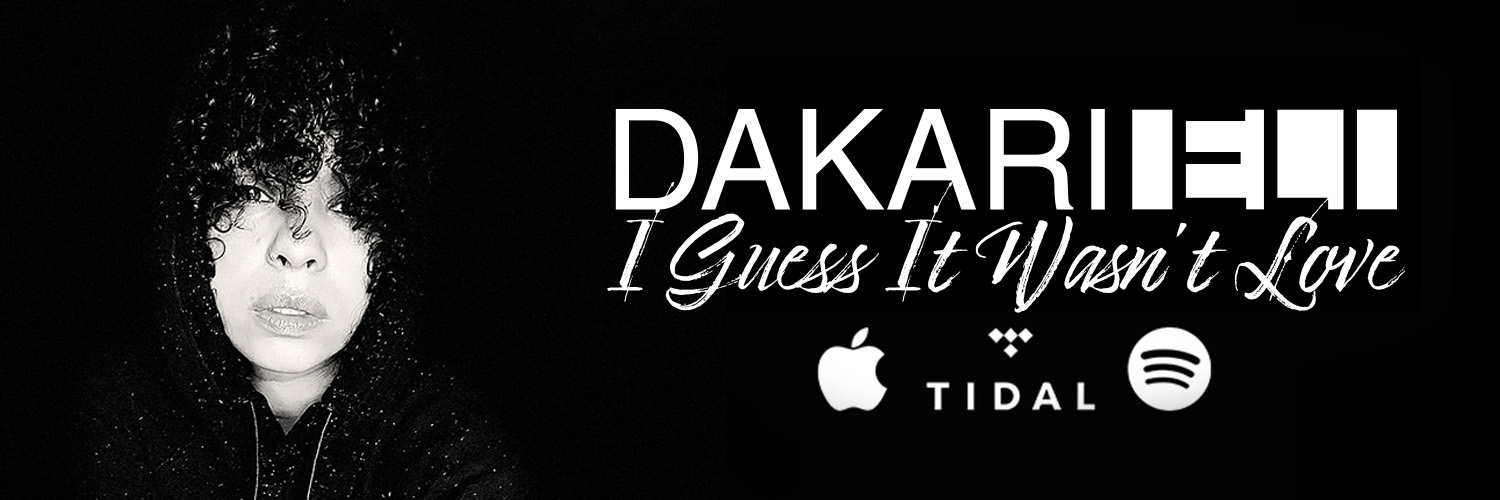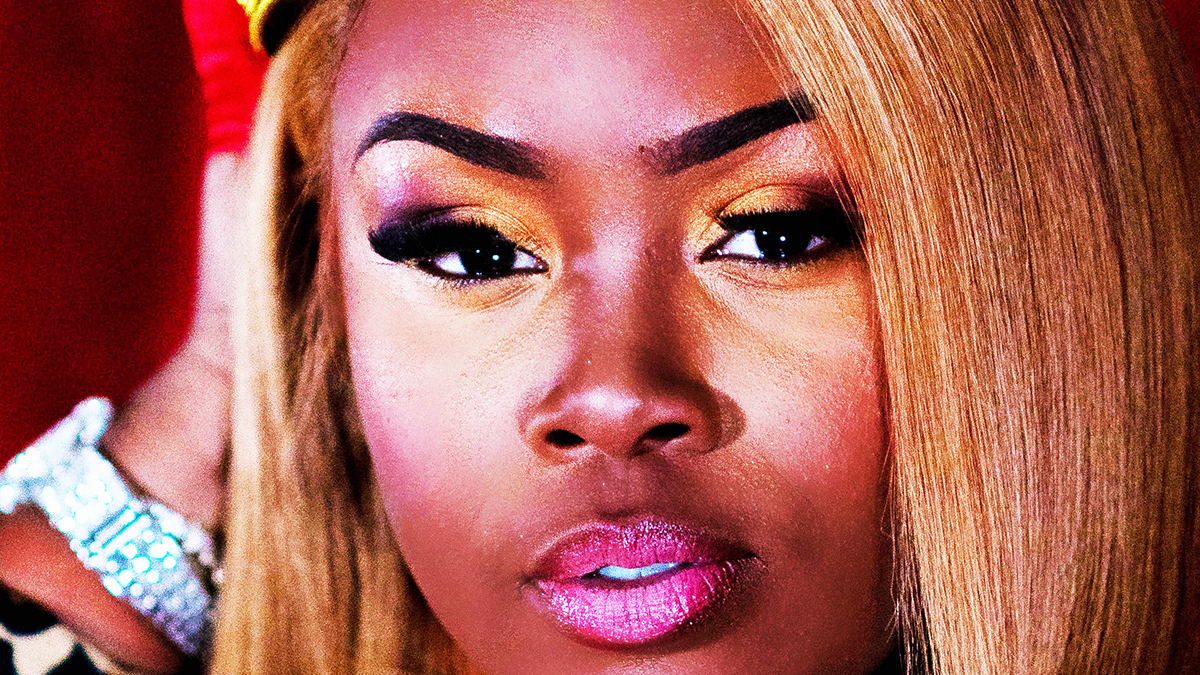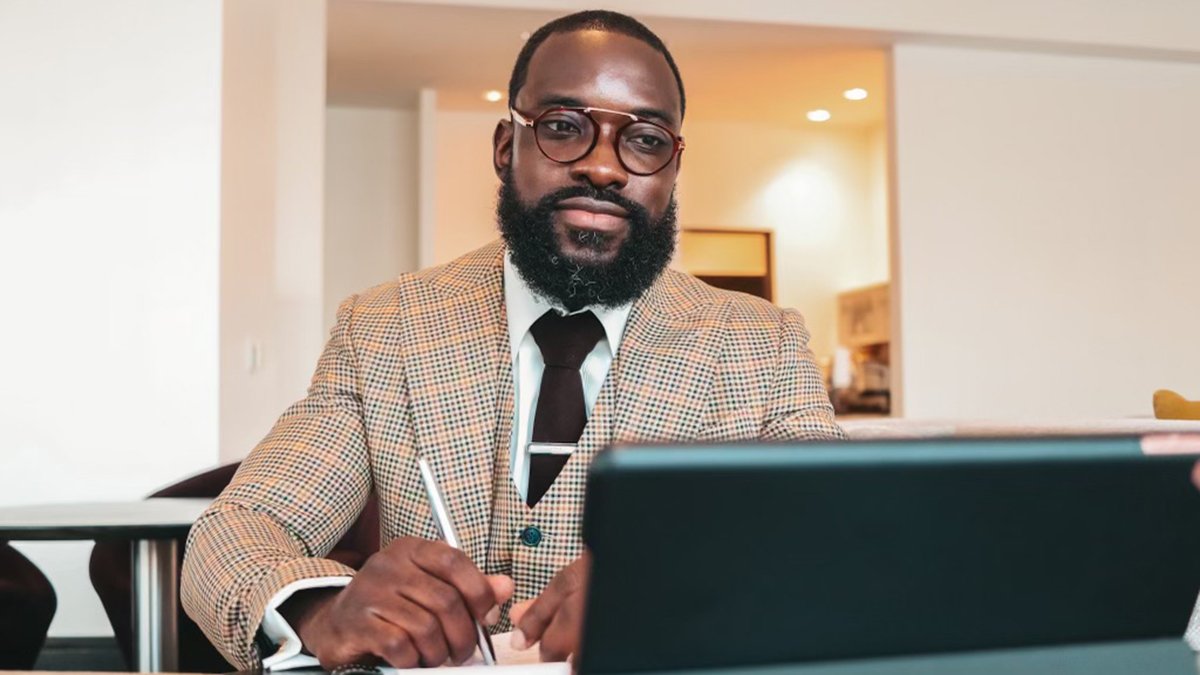
Grammy-award winner Tasha Catour is a self-taught producer, singer/songwriter, and businesswoman whose credits include Future, Tinashe, and Keke Palmer. After overcoming adversities, Catour has become a big advocate for female empowerment.
As you were growing up in Atlanta, what kind of sounds inspired you or made you want to create your own?
I would say growing up, I listened to a lot of the LaFace era like Toni Braxton and Babyface. I loved movie soundtracks like Waiting to Exhale. Additionally, I liked the So So Def era with Jermaine Dupri and Da Brat. Just a lot of that 808 with melodic sounds. So, I guess my sound just derived from that.
So, you graduated from the Tri-Cities High School Performing Arts Magnet Program, which has had a lot of notable alumni like Kandi Burruss and Kenan Thompson. You also bought your own studio when you were nineteen. What did you gain from those experiences?
Well, it was just a little home studio where I could put some workout, it wasn’t nothing like state of the art. It was just so I could get stuff moving for myself. I had an iMac computer, headphones, pro tools, a mic stand, and everything. That’s pretty much it. In high school, I think the experience just reinforced my love for music and let me know that that’s what I wanted to do. It was always my plan A, pretty much my only plan was to do music. I just didn’t know what aspect at the time. So, it advanced my love of music.
When you attended Alabama State, why did you major in communications rather than something music-related?
What I was trying to do as a female producer, as an artist, and just a creative period, was to know branding and marketing. It’s not just doing the music, you got to actually get it to the people. You have to know that side of it. You have to know how to shake those hands and build those relationships. I felt that would go hand in hand with what I wanted to do on another side of it, which is equally important as the music. It took me a minute to understand it, but I got it. And even today, I’m still trying to find the right people.
After all of your hard work, it must’ve felt amazing to achieve that Grammy award. What was the process like leading up to the win?
We won the gospel album of the year back in 2013 and it was kind of surreal. I was super young, I just graduated from college and I told myself that I was going to do music full time. So, it was like a confirmation that “Hey, you could really do this.” I took it that way because it’s basically an accolade, it’s not money or anything. It was something that let me know I was doing this on a big level. I took it like that and it made me feel like I was really supposed to be doing this.
How did winning impact your career?
I mean, it made a lot of people take me more seriously. I won’t say that it upped my pay grade, but it definitely got my name in a lot of other rooms. So, it helped in that way. And, that matters more than money because the money is going to trickle down later. You just got to get to work. People got to vouch for you. You got to get the credibility first before you even get in the room. I feel like that’s what it did for me.
Music production is a part of the industry where women are highly underrepresented. What are some of the roadblocks you have encountered?
A lot of my counterparts, I hear that they do get paid more than me. It could be because of my negotiation skills as well though. I think it’s partly me. I don’t want to say that it’s because I’m a woman, I don’t know. As for struggles, I guess just people taking you seriously off the back and not wondering if you got hard beats. I don’t think I have a lot of struggles though; I’ve been blessed. A lot of guys show me love; they embrace me. They don’t mind playing my beats, “Hey, Tasha got beats too.” You’ll run into those males who want to push your hand to the side or little boy you, but most of the time I get love. I stay away from those type of men. I work with people who show me love.
Is their any advice would you give to women who are aspiring to be where you are?
I would say just make sure your beats are hard, you got to be able to run with the boys if you want to be in this type of industry. You can’t come with soft beats; they won’t take you seriously. When I go to a session where an A&R has producers playing beats for an artist, my stuff hit way harder than a lot of other people. They want to get my number. You got to be able to move a room. Perfect your craft and go crazy. I love the female producer title, it’s cool cause I want to represent, but I also want to be respected as a producer.
What would you say has been the force behind your determination and perseverance?
Me knowing that this is meant to be for me. Sometimes people just lose faith in what they know God has told them they are supposed to be doing. I feel like that keeps me going, along with my daughter. I want to show her that anything is possible, and you can do anything that the next person can do, and better. I just want to prove it to myself as well and be happy.
For the last question, what are some of your upcoming endeavors?
I’m executive producing Keke Palmer’s new album coming out. I did like 11 out of the 13 tracks. I got a single coming out with Wiz Khalifa called “High.” I have some stuff with Asian Doll coming out. It’s hard to remember everything. I want to work with Monica. I’m supposed to be doing some stuff with her soon. I’m doing a bunch of panels for A3C if anyone wants to come out to greet. I’m just trying to stay busy.






